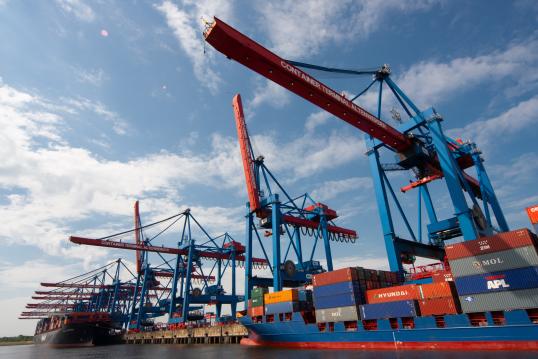Introduced in 2010, the goal of the reimbursement of excise duty on diesel used in freight and other categories of passenger transport is to reduce transport costs in different transport service sectors by offering a lower tax rate. The subsidy provides a reimbursement of excise duty on diesel, calculated as the difference between the rate provided in the regulation and the normal rate of excise duty for automobile use. Vehicles that benefit from this reimbursement scheme are category Euro 4 or transportation and storage vehicles, including those used in passenger and freight transport. These vehicles are offered a subsidised rate of EUR 0.4032 per litre of diesel compared to the normal rate of EUR 0.6174 per litre of diesel. Other countries with similar subsidies include Belgium, Croatia, Denmark, Greece, Spain, France, Hungary, Ireland, Italy, Luxembourg, Latvia, the Netherlands, Portugal, Slovenia, and Sweden.
The budget impact of subsidy was EUR 1.294 million in 2020. If the subsidy were removed and diesel for transportation and storage vehicles were taxed at the normal rate, fuel prices would increase by 14.3%, and consumption would decrease by 8.01%.
In this reimbursement scheme, heavy-duty trucks consume the largest share of diesel compared to light commercial vehicles and buses and the number of these kinds of vehicles has been increasing each year. The lower the cost of fuel reduces the incentive to consume fuel efficiently. To offset the environmental impact, cars that comply with category Euro 2 can receive excise tax relief. CO2 emissions would decrease by the same amount as diesel consumption, or about 8% if the subsidy were abolished.
Italy regularly analyses and consults with stakeholders regarding their environmentally harmful subsidies, which mostly tend to support the transport sector. There are proposals to restructure, phase out and potentially remove these lower tax rates and environmentally harmful subsidies, including those on fossil fuels. The reimbursement of excise duty on diesel has been reformed in the past. Previous reforms placed limitations on the protection granted to trucking companies regarding possible future excise tax increases and limited the types of vehicles that can benefit from this scheme. For successful reform, stakeholders recommend that compensatory measures need to be provided to protect the competitiveness of the transportation sector. Options for potential reform include a gradual phasing out of the subsidy, gradually reducing the number of beneficiaries and increasing emission standards. Other options include using revenue from the withdrawal to support the purchase of low-emission vehicles, providing lump-sum payments to the transportation sector or shifting towards more environmentally friendly fuels.
More information on the reimbursement of excise duty on the diesel used in freight and other categories of passenger transport and other candidates for reform in Italy and other Member States can be found in the country case studies and factsheets compilation.

